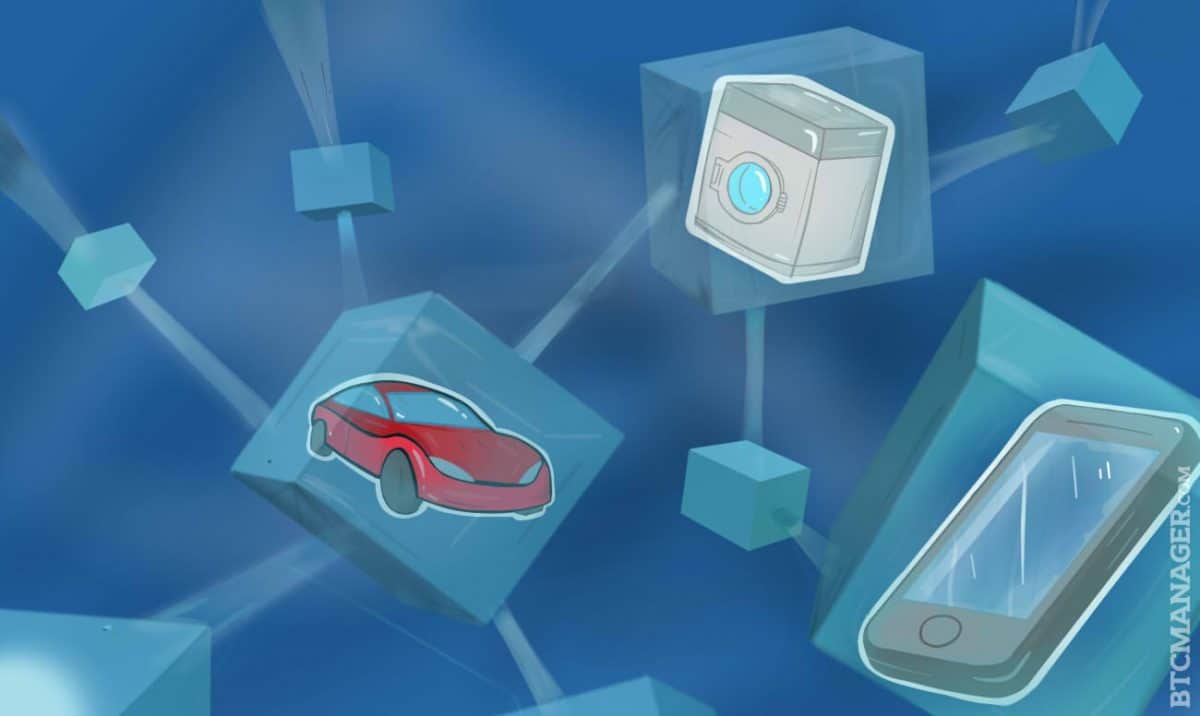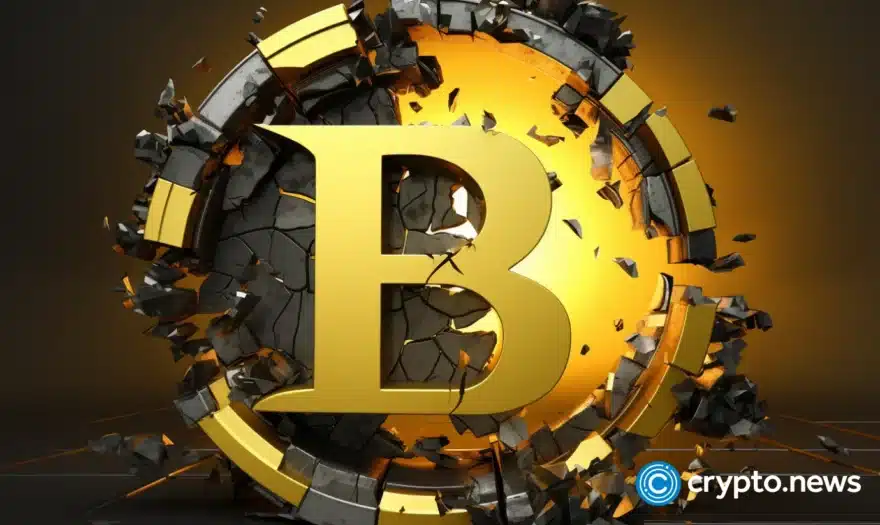Can Blockchain Technology Propel the Internet of Things?

Blockchain has the potential to propel the Internet of Things and allow for greater efficiency in the use of resources, as recently highlighted by Ernst & Young,
“Blockchain-powered industrial IoT networks will allow us to connect industrial assets — everything from shipping containers to MRI machines to construction equipment — into real-time digital marketplaces where we can make better use of them”
The Internet of Things (IoT) enables connectivity between devices and sharing of information but presents unique security issues; for instance, the potential for data to be stolen and the possibility of hacking to spoof the output of connected devices. While there is estimated to be 20-200 billion connected devices by 2020, this developing industry still lacks a standardized security system. While companies such as IBM are exploring the role of blockchain in protecting IoT infrastructures, Chain of Things is a consortium that has arisen to discover whether or not the blockchain can solve the security threat faced by the IoT.
How can blockchain propel IoT?
By recording a digital ledger of all exchanges, the blockchain could provide a way to track the unique history of devices. Moreover, blockchain technology could allow for devices to autonomously conduct a variety of transactions. The authentication provided by the blockchain, which has insofar protected billions of Dollars of digital assets in the form of cryptocurrencies, the technology can also prevent malicious impersonations within IoT devices. Through cryptography, only validated devices would receive access. Any changes to devices will be recorded on the blockchain and authenticated by the distributed network, ensuring falsified records are caught out and secure the seamless transition of data between individuals, devices and networks.
For a given blockchain to successfully act as a compliment to IoT, IBM proposed three types of transactions that should be supported by a decentralized IoT:
- Trustless peer to peer messaging.
- Secure distributed data sharing.
- A robust and scalable form of device coordination.
Regarding the third type of transaction, Ethereum has recently made progress in this area with the ‘lightning network’ Raiden, which will help to scale the Ethereum blockchain. Raiden’s creator, Heiko Hees, states that Raiden will allow 100,000 transactions per second and could be operational by the end of August.
Raiden would minimize the amount of data broadcasted to the network by having a final netting of many thousands or millions of transactions into a single on-blockchain transaction. As the transaction data is not broadcast to the network, Raiden will bring benefits of privacy and has already attracted the interest of privacy-conscious companies.
Such a blockchain design which processes transactions without requiring consensus or fees will work well for IoT devices. Hees reckons that the next wave of startups that will build apps for IoT will more than likely choose to work with blockchain technology.
“I think that’s very good from the perspective of IoT developers and especially as the IoT economy will benefit from interoperability between multiple devices which could be senders or actuators and the blockchain could be a common rail to put the infrastructure on.”
What will the combination of blockchain and IoT look like?
IDEO Colab recently displayed prototype projects that connect blockchain technology with IoT. One of the most interesting is Witness. The problem that this combination could solve would be proving the legitimacy of data. For example, Witness in particular, focuses on democratizing photojournalism. It is notable the difficulties encountered for news organizations to legally reprint photographs taken by individuals; the legitimacy of the source may be taken into question and could be hard to prove.
However, Witness would allow news agencies to put out requests for images from people close to the stories. Individuals would be able to upload images directly from their mobiles. By utilizing a system of smart contracts, micropayments, and verifiable meta-data, Witness is a trusted platform which individuals and media organizations can transact, creating new markets and improving productivity.
Another prototype created by IDEO Colabs is Inquire, an application that allows you to access a network of experts for information such as the best places to eat in a certain location. Machine learning is also involved so that the process of finding the information you need is automed.
The blockchain could become the industry agreed standard between companies such as IBM, Microsoft and so on and the Chain of Things consortium will be a key player in bringing this into action and identifying the potential problems with blockchain technology. Ethereum has gained a lot of praise from industry giants and provides potential for securing the Internet of Things, as expressed by IBM,
“Ethereum is a more full-featured way to use blockchain technology than bitcoin, which was designed only for financial purposes. By including the ability to use internal executable code, far more can be done with it. And that is what the IoT will require.”











